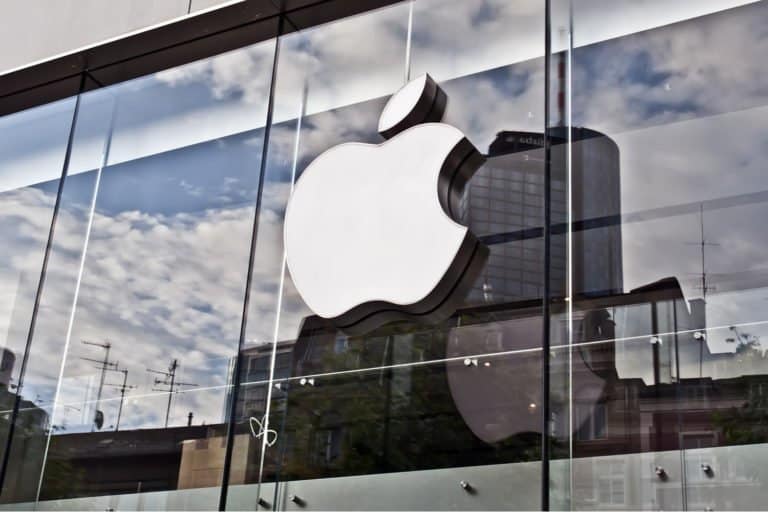Apple highlighted in a recent press release that its App Store prevented more than $2 billion in potentially fraudulent transactions last year while rejecting nearly 1.7 million app submissions for failing to meet privacy and security standards.
This announcement comes as Apple faces mounting pressure to allow alternative app stores on its devices. The European Union’s Digital Markets Act, set to take effect in 2024, aims to compel tech giants like Apple to enable third-party app stores. This would grant developers and users more choices in app distribution.
In response to these forthcoming regulations, Apple is reportedly planning to introduce changes in iOS 17 this year, allowing alternative app stores on iPhones and iPads.
Apple’s arguments are all in favor of keeping and expanding its ecosystem
Apple has long argued against sideloading, as it believes it poses security risks to users. The company has emphasized the importance of its App Store review process in safeguarding users from untrustworthy apps.
However, critics argue that sideloading and the control exerted by the App Store contribute to Apple’s dominance and hinder competition. While Apple’s press release underscores the effectiveness of its protection measures, it is important to recognize that the app review process is not infallible.
Scams, fraud, and even malware can still find their way onto the App Store, despite Apple’s efforts to maintain security.
Anticompetitive behavior can’t be allowed to thrive unchecked
In addition to preventing fraudulent transactions, Apple highlighted the security of its payment technologies, such as StoreKit and Apple Pay. The company reported blocking millions of stolen credit cards and banning hundreds of thousands of accounts involved in fraudulent activities.
Apple’s press release emphasizes the rigorous safety checks it performs on apps before they are available on the App Store. The company rejected numerous app submissions for various reasons, including fraud, privacy concerns, spam, copycat behavior, and privacy violations.
However, the ongoing debate surrounding Apple’s control over its ecosystem raises questions about the need for stronger regulations to promote competition and protect consumers.
